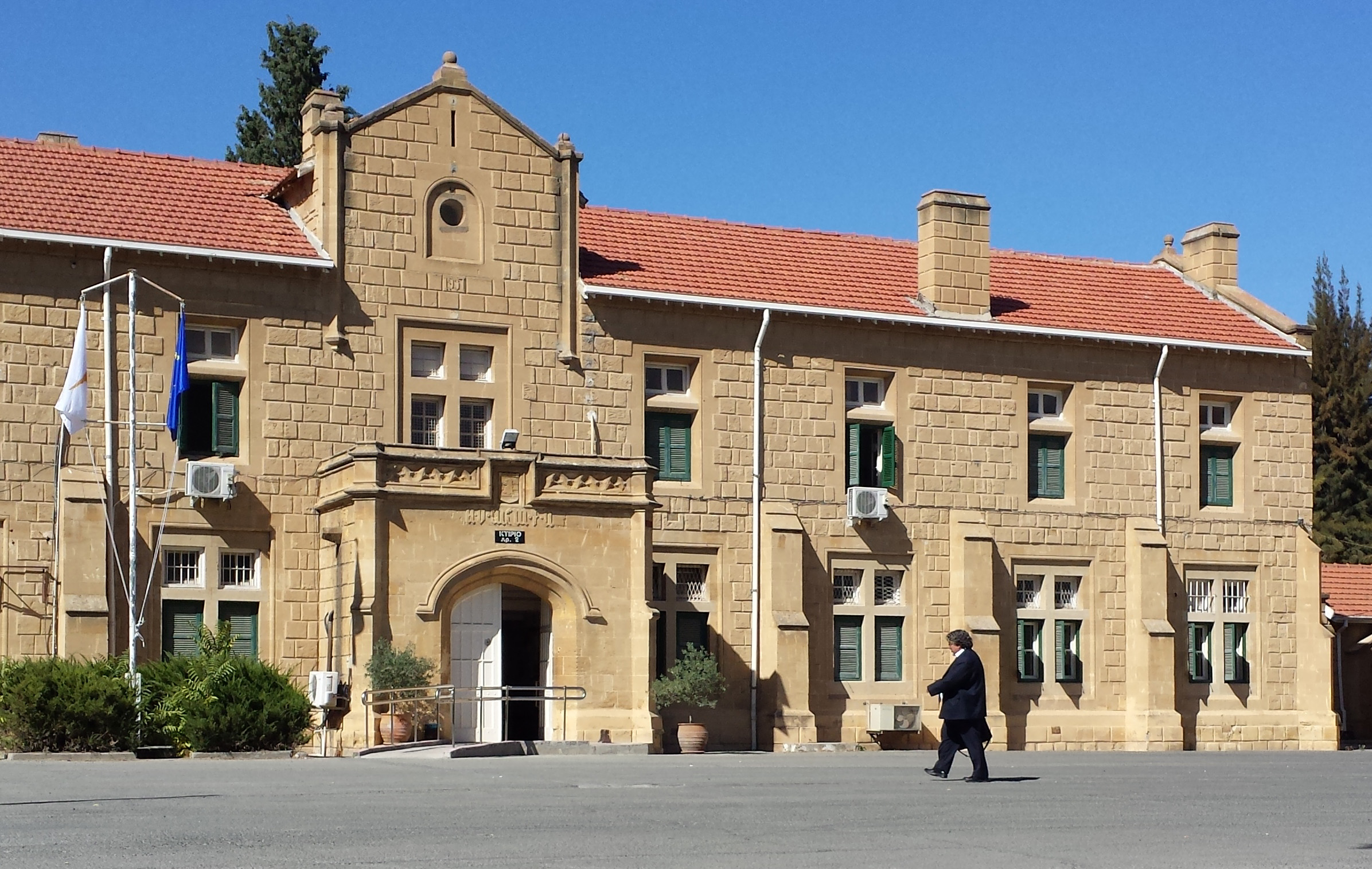Defence attorneys in the ‘golden passports’ trial on Monday sought again to demonstrate that throughout the years the cabinet had total discretion on which naturalisation applications to recommend, seeking to deflect attention away from the defendants.
On trial at Nicosia criminal court are former House president Demetris Syllouris and former Akel MP Christakis Giovani. They stand accused of influence peddling and conspiracy to defraud, relating to the naturalisation of foreign investors.
On Monday, lawyers for the two defendants grilled an interior ministry functionary over her handling of two files – that of ex-Gazprom boss Nikolay Gornovskiy and Jordanian national Almi Armoush and his daughter, Zaineh Armoush.
Being cross-examined was Christina Kaoulla, a witness for the prosecution. She had headed the interior ministry’s naturalisation control unit until the end of 2020.
In a series of questions to the witness, the chief defence attorneys for Syllouris and Giovani tried to show that the final say with naturalisations rested with the cabinet, and also that no specific law governed the granting of Cypriot passports under the citizenship-by-investment programme.
It emerged in court, confirmed by Kaoulla, that it was not until August 2020 that the legal ordinances governing these naturalisations got published – and thus took effect. The naturalisation programme itself got scrapped just two months later, after news network Al Jazeera aired a damning expose.
The defence was seeking to demonstrate that, because the cabinet had a great deal of latitude in deciding, their clients could not have influenced decisions.
Chris Triantafyllides, representing defendant Syllouris, put it to the witness that former interior minister Constantinos Petrides, in exercising his discretion over naturalisation applications, was checked by none other than the cabinet.
Kaoulla confirmed this.
The witness reiterated that – relating to the applications of Gornovskiy and Armoush – she never received ‘interference’ to speed up the process.
She said she occasionally received phone calls from people working at the service providers handling foreign investors’ applications for Cypriot citizenship.
Triantafyllides next brought up a cabinet decision of 2016 according to which the interior ministry would no longer accept applications by adult dependents of foreign applicants before citizenship was definitively granted to the main applicant – the foreign investor.
Eligible investors should have already invested a minimum of €2 million in Cyprus.
The lawyer then read out an excerpt from Kaoulla’s deposition, stating that on October 2, 2017 a service provider by the name of Fidescorp addressed a letter to the interior minister asking him to exercise his discretion and take receipt of the application for Zaineh Armoush – daughter of Jordanian businessman Almi Armoush.
The service provider wanted the ministry to accept the application at a time when the father’s citizenship had yet to be approved – a deviation from guidance at the time.
Days later – October 20 – the minister instructed Kaoulla to take receipt of the daughter’s application. The father’s citizenship application was granted subsequently – in March 2018.
Later, Giovani’s defence attorney Giorgos Papaioannou asked the witness if – despite her noted reservations concerning certain applications not meeting the criteria – the cabinet would take it upon itself to approve these cases.
Kaoulla said yes.
The trial continues on Tuesday.
In October 2020 Al Jazeera had broadcast an hour-long documentary on the passports affair, prompting Syllouris and Giovani to both resign.
In the expose, undercover journalists posed as proxies for a fictitious Chinese businessman with a criminal record, aiming to secure him Cypriot citizenship.
Syllouris, Giovani and others were shown offering to help the man in his quest for citizenship despite his (supposed) criminal record.
A subsequent inquiry found that 53 per cent of 6,779 citizenships granted through the scheme were unlawful.






Click here to change your cookie preferences